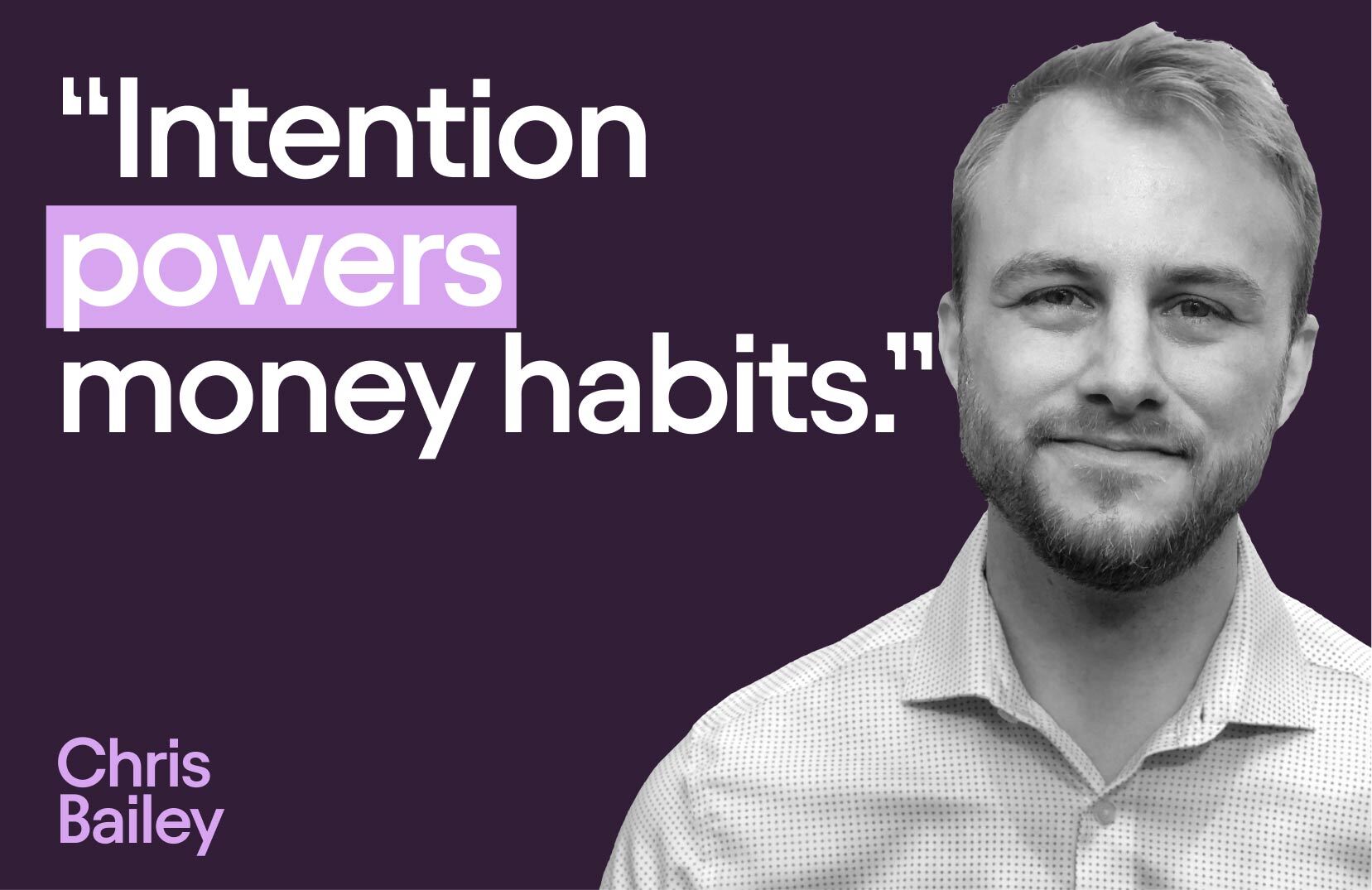
The Habit Lab
“Not all habits are made equal.”
By Justin Quirk
Property

It’s been four years and some change since I bought my first home, a little flat in the quiet corner of south London where I grew up. For most of my twenties, getting on the property ladder felt like an unlikely prospect – house prices in London being what they are, and I also knew what’s often referred to as the ‘Bank of Mum and Dad’ wouldn’t be an option.
So when I actually managed it just as I turned thirty, I was thrilled. Still, I found myself somewhat underprepared for the reality of being a homeowner – specifically the various hidden costs that come with it. Because here’s the thing no one tells you: being able to afford your monthly mortgage payments is sort of the baseline.
It’s no secret that Britain is a nation obsessed with homeownership, and far more so than our European counterparts, where renting is much more common. I have no doubt that the great British national pastime – property speculation – seeped into my consciousness in my formative years. But the prospect of homeownership also represented a security and ability to control my surroundings that, as a second-gen immigrant who moved to the UK as a child, hasn’t always been the case.
Consequently, I began putting money aside from the very first paycheck. I’d love to say I was saving with a view to one day having a house deposit, but truthfully I wasn’t saving with any particular goal – or amount – in mind. I saved because it seemed prudent, and also because it gave me a sense of control – it made me feel as though I had options.
It helped enormously too that I was able to live with my parents in London on and off during my twenties, renting a series of not-particularly-nice flatshares during the ‘off’ periods. Bouncing from one’s family home to flatshares and back again, often multiple times, is increasingly common for the so-called ‘boomerang’ generation of which I am a part – a recent survey revealed that nearly a quarter of parents with adult children have had them move back in after initially leaving home, with the average age of those returning home being 26. Those rent-free periods accelerated how quickly I was able to save, and meant that when career successes in my late twenties unexpectedly put me in a position to buy, I had a larger deposit (and overall budget) to put down.
After jumping through the endless hoops as a self-employed person applying for a mortgage, I got the keys.
My first inkling that things might not play out quite how I’d imagined came two days after I moved in, when I realised I had a gas leak. Some lifted floorboards and £600 later, the leaky pipe was located and fixed and – still high on the novelty of homeownership – I think a little part of me actually relished paying for the repair. It felt like a sign of maturity, and having dealt with various unscrupulous landlords and letting agents in the past, I felt genuinely grateful that I didn’t have to badger someone else, and could take care of it on my own timeline.
Suffice to say the novelty of spending my money on leaky pipes and remedial brickwork swiftly wore off, as one by one these little maintenance issues racked up.

Next up was unexpectedly having to shell out a five-figure sum for a new roof (thankfully split with my neighbour). Soon after that my ancient boiler finally packed up, so that was another few grand. A freak accident involving a gust of wind last year shattered a glass pane in my front door, and whatever you think a glazier might feasibly charge to replace windowpane during the Christmas ‘slowdown’, I want you to take that figure, and double it.
For the first couple of years, I was pretty shocked at the bills. I soon realised though, that’s just par for the course – buildings (especially period properties like mine) simply require regular maintenance. Things break and wear out, parts need replacing – plus the previous owner of my flat (judging by the interesting décor shall we say) hadn’t updated it since the late 1990s, so there was even more work to do.
These days I just jadedly assume something, somewhere in my flat will need repairing every few months although thankfully as time goes by this happens much less frequently, given how much work I’ve done already. Still, I’ve had to reframe my feelings on those costs and stop thinking of them as ‘out of pocket’ expenditures – that I resented – and simply accept them as the price of homeownership, similar to council tax or my mortgage.
If I can offer any advice to prospective first time buyers, it would be to factor in that homeowning will probably (unfortunately) be more expensive than you think, especially in the early days of owning your home. No matter how boxfresh your property appears to be, there are bound to be surprises in those early days.
And, if you’re buying a leasehold property (common in London) make sure you know exactly what your service charges are likely to be before you commit.
I’d also say: tempting as it might be, avoid using up all of your savings on a deposit, or committing to the biggest mortgage you can get. It could leave you with zero financial breathing room.
As for me, these days I’m much more sanguine about it all, even dare I say a little philosophical – I try to accept that which I cannot control, like burst pipes or locks that need replacing. Is shelling out for these things the most boring use of my money I can possibly imagine? Absolutely – but it’s also part of the privilege of owning a home, and I wouldn’t trade that for anything.
The article above includes general information and should not be taken as financial advice. If you have questions about your specific circumstances, please speak to an independent financial advisor.
Got the keys? Get ahead of those inevitable tradey bills and set a little aside with every pay cheque.
Set money aside with Spaces
The Habit Lab
By Justin Quirk

Money truths
By Justin Quirk

How Much Does It Cost?
By Hannah Summers

Group holidays
By Kat Storr